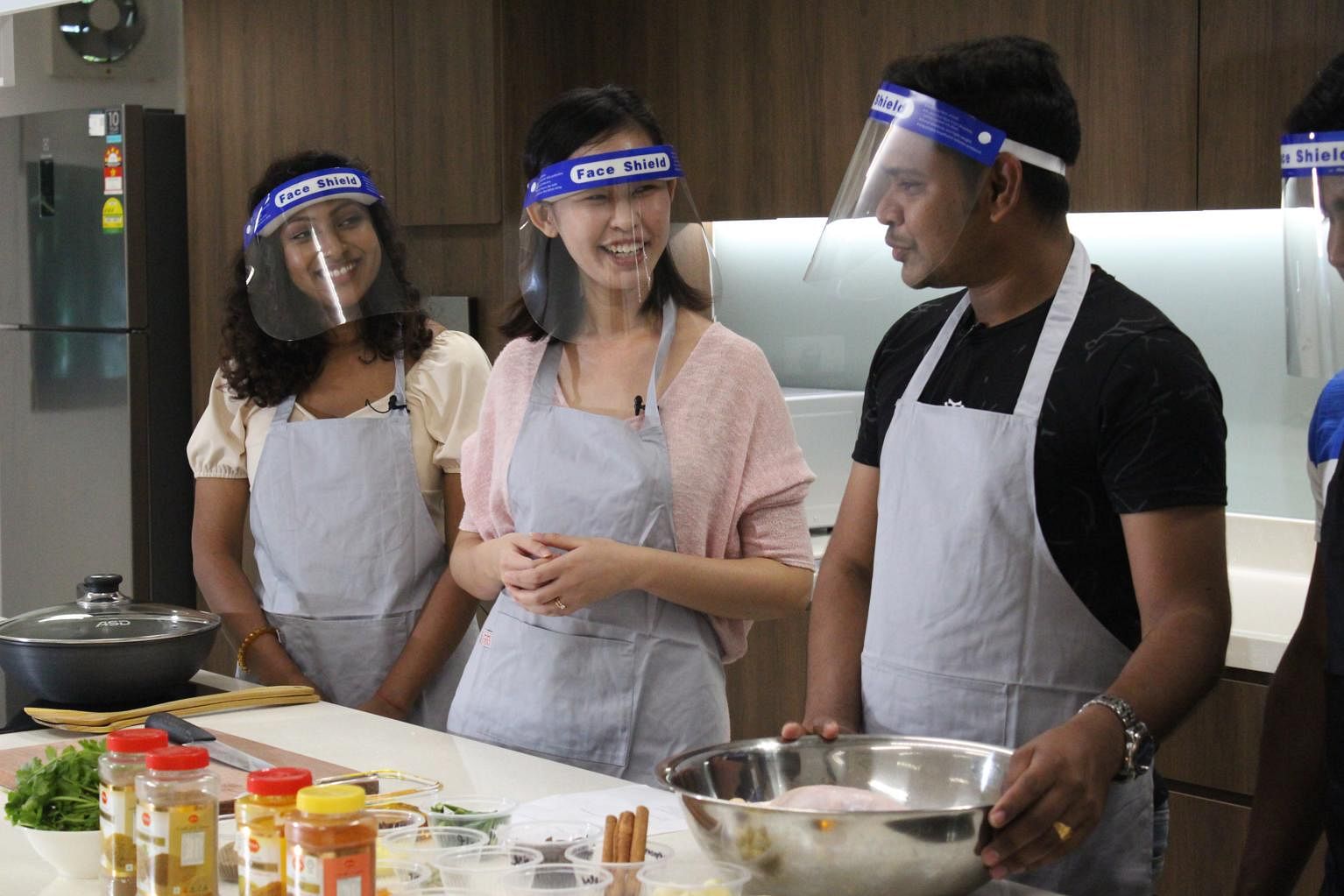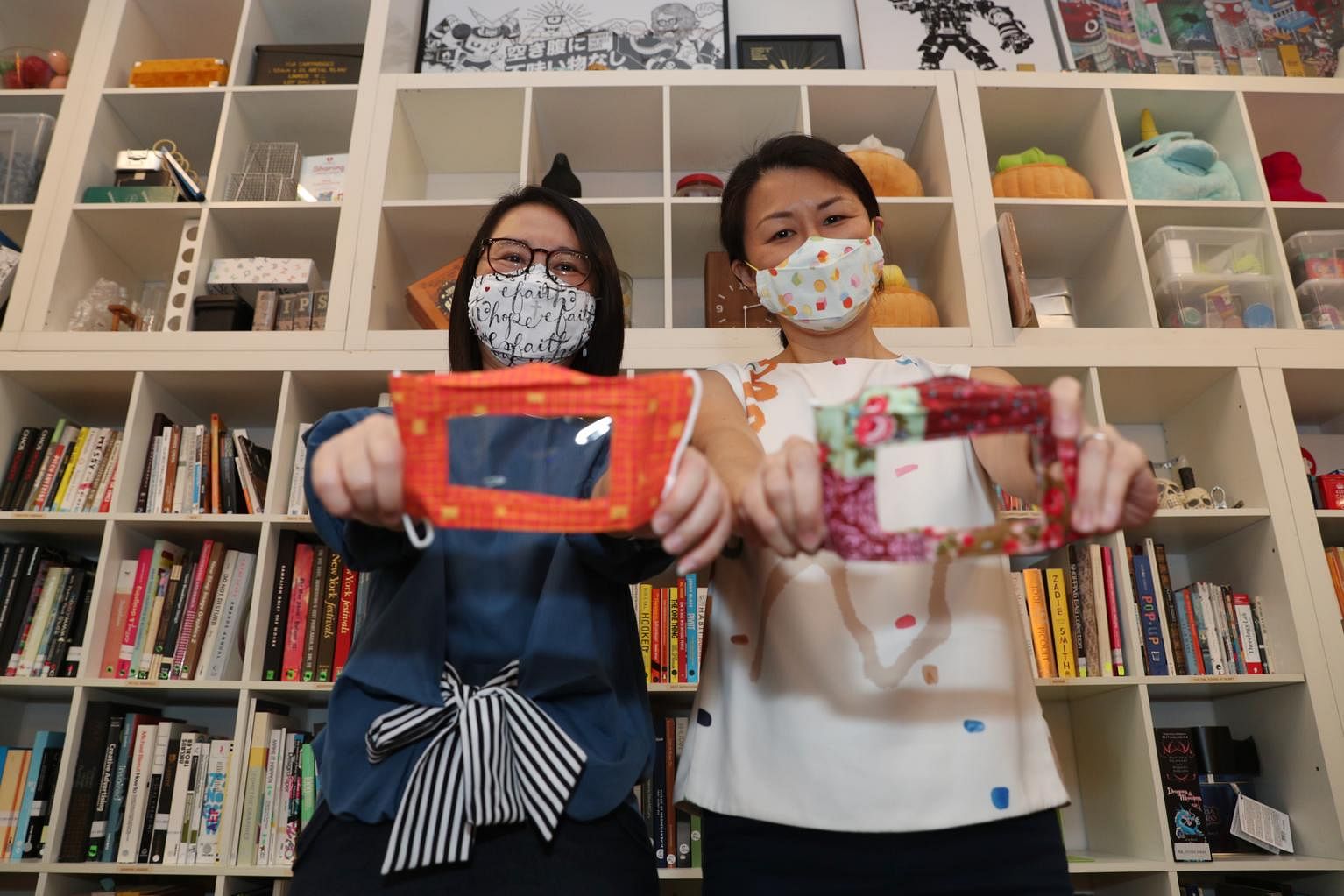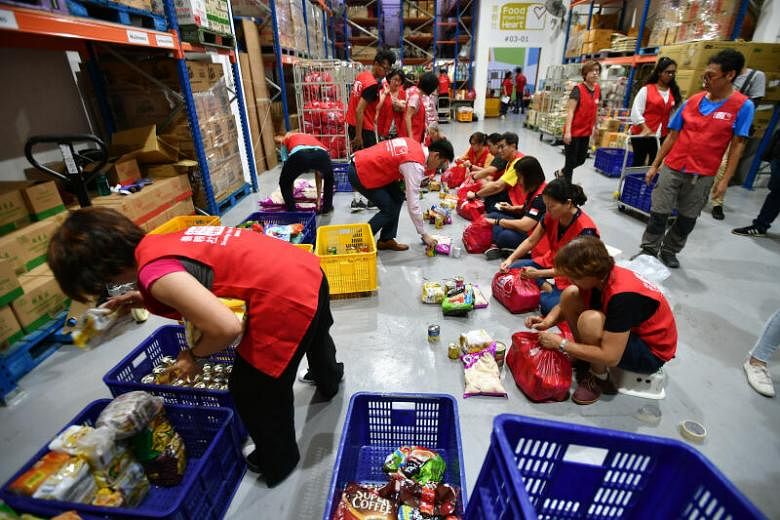SINGAPORE - The coronavirus and efforts to stem its spread took a massive toll on the economy this year, with a sharp rise in workers losing their jobs or taking a steep pay cut.
But the darkest of times also brought out the best in Singaporeans, many of whom stepped forward, to give money or their time to help.
The need was great, with more asking the Government for financial aid.
About 40,000 people applied for ComCare's short-to-medium-term and long-term assistance schemes between June and November, representing a 25 per cent increase over about 32,000 applications made in the same period last year, a Ministry of Social and Family Development (MSF) spokesman told The Straits Times.
She said: "The number of ComCare cases might have increased due to the economic impact of the Covid-19 pandemic."
Recognising the scope of the need, the MSF also automatically extended ComCare support to those whose aid was to end between May and October, which gave families a longer period of help to find some stability.
The Community Care Endowment Fund (ComCare Fund) is a key social safety net for lower-income families.
Over 20,000 workers were retrenched in the first three quarters of the year, compared to slightly over 8,000 people who were axed in the same period last year, according to Ministry of Manpower (MOM) data.
About 250,000 employees also had their pay cut between March and September this year.
A study by Beyond Social Services of over 1,000 families who applied for its financial assistance fund this year found that many breadwinners faced a loss of their jobs or a significant proportion of their income.
Many were workers in jobs such as cleaning, food and beverage, retail, or were drivers.
But even as their incomes fell, their rents and mortgages remained the same, causing many families to fall into arrears, said Beyond's deputy executive director, Ms Ranganayaki Thangavelu.
Adam (not his real name), 54, used to hold two jobs to make ends meet, working as a cleaner earning about $1,600 a month, and as an occasional handyman, which added to his income.
His wife is a housewife and the family of six live in a one-room rental flat. They have four children, aged between seven and 15.
When the circuit breaker was imposed, the boss of his cleaning firm asked him to look for other work, and Adam turned to the Government for help.
His family began receiving $2,040 a month from August from ComCare short-to-medium-term assistance, with the aid to last till next month. This is among other aid the family has received from the MSF.
Adam, who is still working as an ad hoc handyman, said: "With ComCare help, at least we can survive. Now, finding a new job is also difficult."
While the pandemic has seen more families like his plunge into financial hardship, more Singaporeans have also stepped up to lend a helping hand.
A report by the Ministry of Finance's Singapore Public Sector Outcomes Review stated that calls for volunteers and donations met with an overwhelming response during the pandemic, with people pitching in for national efforts, and also starting their own initiatives.
For example, more than 13,000 Singaporeans signed up as volunteers through the SGUnited portal for people who wanted to contribute during the pandemic.
In October, Deputy Prime Minister Heng Swee Keat said that donations to Covid-19-related causes through the Community Chest, the Sayang Sayang Fund and Giving.sg reached about $100 million from January to August.
This amount exceeded the donations received by the Community Chest and Giving.sg for the whole of last year.

In April, the Temasek Trust launched a $10 million oscar @ sg fund to support ground-up initiatives responding to needs arising from the pandemic.
It has approved projects by 158 grantees so far. About 60 per cent of the grantees are individuals, while the rest are non-profit groups.
Ms Cheo Hock Kuan, its chief executive, said: "We see examples of (grantees) delivering meals to migrant workers, sending radio sets to senior citizens to combat loneliness... We are heartened by the ownership undertaken by the communities to look after each other in this season."
One group that received funding, Project Smile Masks, was started by stay-at-home mum Rosalind Tong, 45, who, with a friend, decided to sew masks for front-line workers and the elderly. Soon, more people joined their project.
After getting requests, they now also sew what they call "smile masks", which have a plastic see-through portion in the mouth area, to make it easier for people who are deaf to lip-read the person wearing the mask.
The group now has over 150 volunteers and it has given out over 3,500 "smile masks" to people who need it, such as those from the Singapore Association of the Deaf.
Accountant Michelle Sim, 47, and counsellor Evonne Wee, 44, are both volunteers with the initiative.

Both of them like to sew and they want to do something for the community during the pandemic.
Ms Wee, who has two children, said: "I can contribute my sewing skills to people in need. I feel really good doing it."
This article has been edited for clarity.


